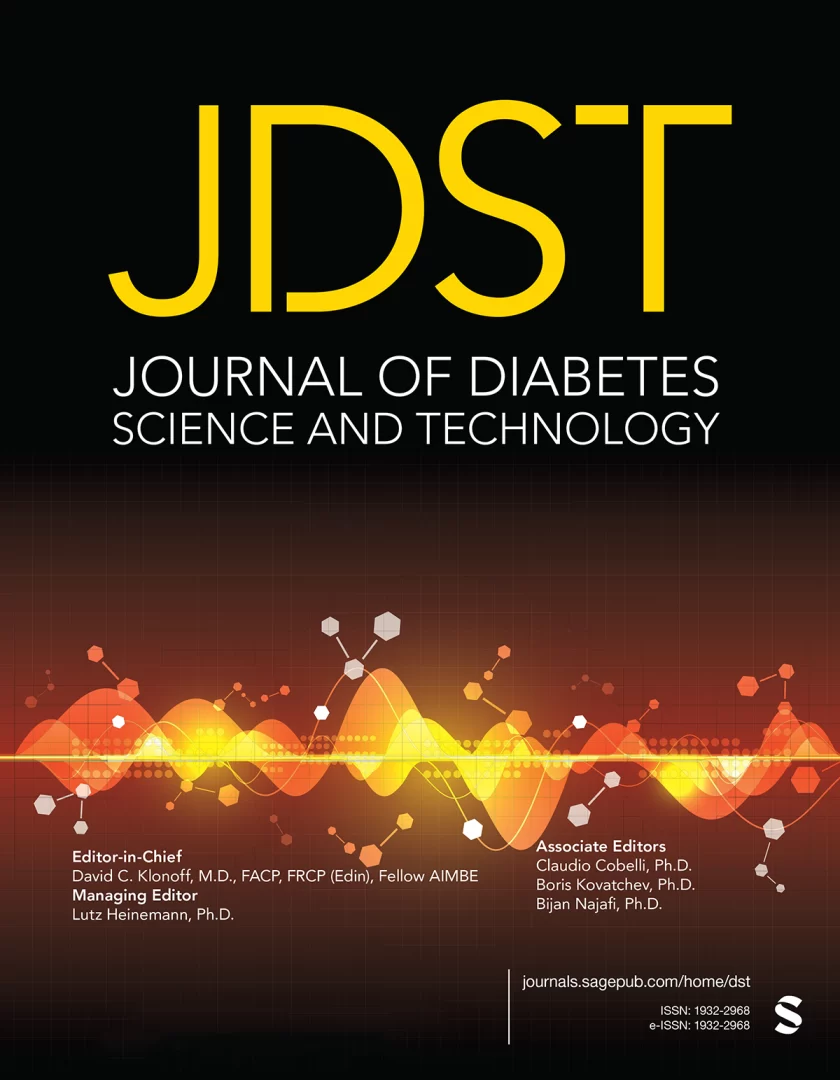The Impact of a Single Bout of Exercise on Glucose and Insulin Levels

Original Article: https://link.springer.com/article/10.1007/s40618-024-02438-8
Introduction
Physical exercise is essential for good health. Benefits of exercise include improved insulin sensitivity and glucose uptake in muscles, which helps lower blood glucose levels. This can help to prevent type 2 diabetes in individuals at-risk of developing the condition and reduce the long-terms risks of serious complications for those living with this type of diabetes. In a new study, researchers set out to determine how a single 30-minute exercise session affects glucose and insulin levels, particularly focusing on 1-hour post-load glucose in otherwise healthy adults.
Study Design and Methods
The study involved 32 participants (14 women) aged 20–35 years, all of whom either did not exercise regularly or were only recreationally active. They underwent two oral glucose tolerance tests (OGTT)—one before and one after a 30-minute of light jogging.
Results and Conclusions
After this short burst of light exercise participants had lower glucose and insulin levels, especially one hour after the glucose load. Insulin sensitivity also improved. These findings suggest that even a single bout of mild to moderate aerobic exercise can improve both glucose regulation and insulin function in healthy individuals.

